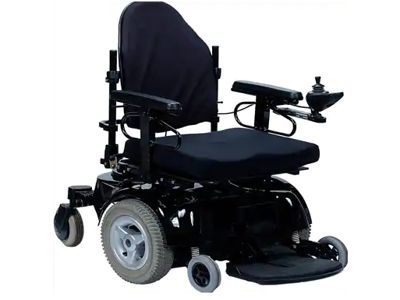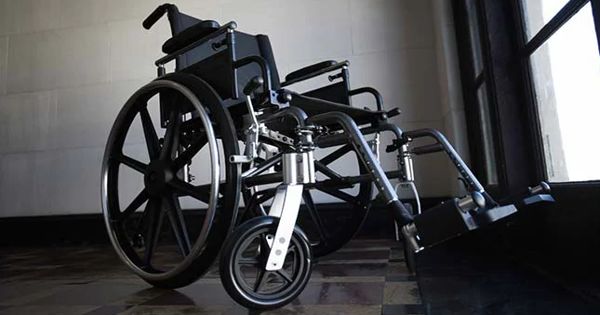The mind-machine interface is the direct communication path between the brain and external devices. A mind-controlled wheelchair is a mind-machine interfacing device that uses thought (neural impulses) to command the motorized wheelchair’s motion. This could be useful for people who are paralyzed and are unable to control parts of their body enough to physically activate the joystick of an electric wheelchair. People who are impaired from motor movement due to certain diseases like strokes, Multiple sclerosis, etc., face constant challenges to move or need constant attention from an assistant to move. Human brain control of wheelchairs for physically disabled people has attracted great attention due to their convenience and relatively low cost, high mobility, and quick setup.
Mind-controlled Wheelchair provides a new direction to construct an interactive system that can translate human Channel based on brain waves and muscles to allow users to communicate without movement with the external world.
The first such device to reach production was designed by Diwakar Vaish, Head of Robotics and Research at A-SET Training & Research Institutes. The parts of this system include an electric wheelchair, a laptop computer, an Arduino, an interface circuit, an EEG headset, and a collection of ready-made and custom software. The measurement of human brain signals and converting them into control signals require the development of an interface between the brain and the computer.

The wheelchair is of great importance to patients suffering from locked-in syndrome (LIS), in which a patient is aware but cannot move or communicate verbally due to complete paralysis of nearly all voluntary muscles in the body except the eyes. Many people may be able to use this technology to gain some independence and to take a break from needing an attendant to push their wheelchair so they can get some fresh air.
Improving the quality of life for the elderly and disabled people and giving them the proper care at the right time is one of the most important roles that are to be performed by us being a responsible member of society. Such wheelchairs can also be used in case of muscular dystrophy, a disease that weakens the musculoskeletal system and hampers locomotion (walking or moving). A person with physical challenges has restricted mobility. For these people, a Mind-controlled Wheelchair provides a promising solution.
Information Source:
















